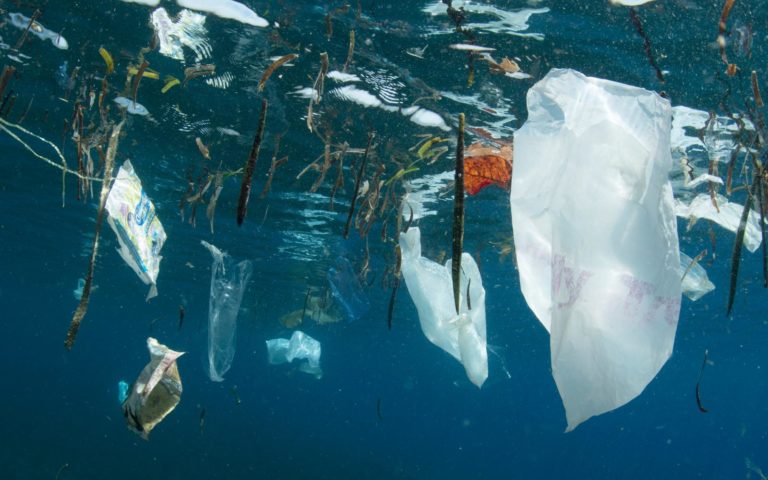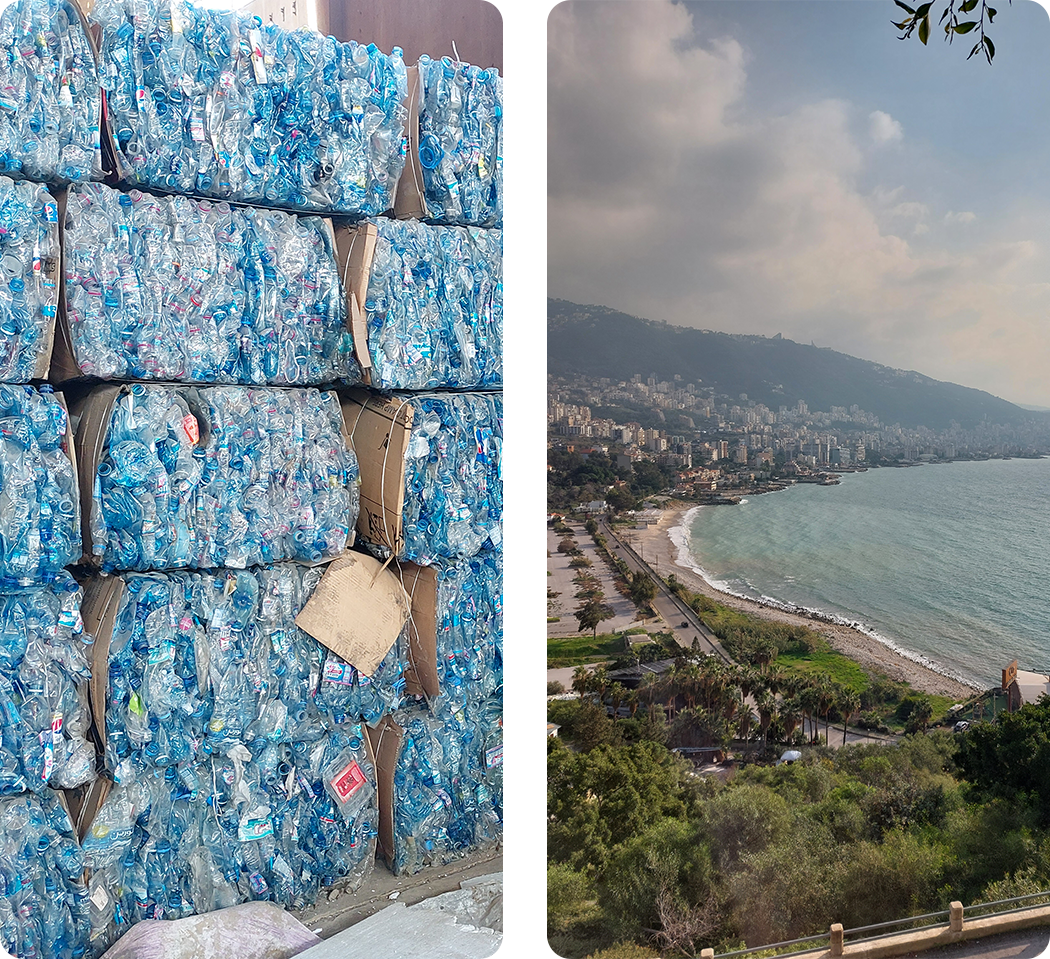BeMed+
THE CLIENT

The French Global Environment Facility (FGEF) promotes and finances innovative environmental projects in developing countries. It provides support for initiatives capable of generating local environmental, social and economic benefits, and operates within the context of France’s official development assistance policy and the objectives of the Sustainable Development Goals adopted by the United Nations in 2015.
The BeMed association has developed a project for the Mediterranean basin designed to develop actions contributing to the reduction of plastic pollution in the Mediterranean and has requested support from the FGEF. The main objective of the BeMed+ project is to support and accompany the implementation of actions at a local level and to initiate sustainable change by involving municipal, voluntary and private-sector stakeholders. Among other initiatives, the project plans major actions in 3 key areas: the river Shkumbin and the surrounding basin in Albania, the coastal town of Monastir in Tunisia and the Bay of Jounieh, a tourist area in Lebanon that is currently being protected. An application for funding has been submitted to the FGEF.
Within the scope of the BeMed+ project assessment, the FGEF has appointed setec énergie environnement to undertake the project’s evaluation and to assist the BeMed association in the preparation of a memorandum of commitment to the project, with a view to contributing to the association’s reflection on the granting of funds.
Setec énergie environnement is responsible for the following services:
- Performing an initial assessment of the project, in order to assess the feasibility of the project and recommend ways of improving the chances of success;
- Writing a “project commitment report”;
- Providing answers to the questions and recommendations of the FGEF’s Scientific and Technical Committee, Secretariat and Executive Committee;
- The writing and development of a project summary report, a presentation of the main conclusions of the evaluation and a project communication report, in French and English.


Setec énergie environnement is responsible for the following services:
- Performing an initial assessment of the project, in order to assess the feasibility of the project and recommend ways of improving the chances of success;
- Writing a “project commitment report”;
- Providing answers to the questions and recommendations of the FGEF’s Scientific and Technical Committee, Secretariat and Executive Committee;
- The writing and development of a project summary report, a presentation of the main conclusions of the evaluation and a project communication report, in French and English.
The fight against plastic pollution in the Mediterranean involves reducing plastic discharges into the Mediterranean at the source.
This can only be achieved by bringing together a wide range of stakeholders and by putting in place a series of extremely diverse actions and measures, ranging from support and reinforcement for micro-initiatives led by NGOs to a strategy of influence within international bodies and the implementation of actions to reduce and replace the use of plastics.
Developing a project that would enable a multitude of actions to be strengthened and coordinated in order to guarantee maximum impact was a real challenge in terms of structuring the project, and one to which we had to adapt.



The fight against plastic pollution in the Mediterranean involves reducing plastic discharges into the Mediterranean at the source.
This can only be achieved by bringing together a wide range of stakeholders and by putting in place a series of extremely diverse actions and measures, ranging from support and reinforcement for micro-initiatives led by NGOs to a strategy of influence within international bodies and the implementation of actions to reduce and replace the use of plastics.
Developing a project that would enable a multitude of actions to be strengthened and coordinated in order to guarantee maximum impact was a real challenge in terms of structuring the project, and one to which we had to adapt.



